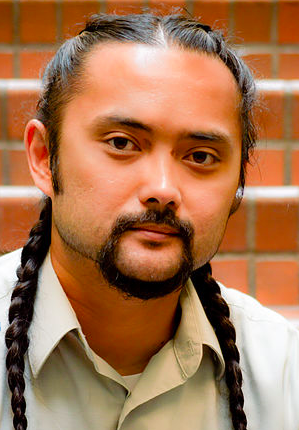
WE HAVE A RACE: Rep. Charisse Millett spent several days fishing on the Kenai Peninsula and then finished it off by filing a letter of intent with the Alaska Public Offices Commission. She’s running for something — either her House seat in District 25 or the Senate seat she expects Sen. Kevin Meyer to vacate as he (possibly) runs for lieutenant governor.
Millett is House minority leader and represents somewhat of a swing district. Rep. Chris Birch, District 26, has already filed his letter of intent, and he indicated he’s running for Senate. Pat Higgins, who ran against Millett in 2016 has filed a letter of intent, without indicating what he’s running for — House or Senate.
The awkward part is that Sen. Meyer has not indicated he is actually running for lieutenant governor. He is still considering it.
Millett has been preparing for her run by looking for a replacement for District 25, and word has it that Josh Revak and Millett have been discussing the District 25 race. Revak is an Army veteran, and if you see him, have him call Must Read Alaska.

DISTRICT 23 PRIMARY CONTEST: Republican Connie Dougherty, a hair stylist who lives in District 23, has filed for the House seat currently occupied by Rep. Chris Tuck. She’s a small-business Republican who understands making payroll. Forrest McDonald, also Republican, had filed for the seat earlier, setting up a primary contest.
Also filing today was Indie-Democrat Dan Ortiz, for his Ketchikan seat. He caucuses with the Democrats running the House of Representatives. Gabrielle LeDoux, who is House Rules Chair, filed her candidate registration report for reelection in her District 15 seat. She caucuses with the Democrats running the House.
LeDoux was officially denounced by the Alaska Republican Party earlier this year, although she showed up at the quarterly meeting to fight the divorce proceedings. She can receive no campaign funds or support from the Alaska Republican Party or its subdivisions at this time. However, she’s still officially registered as a Republican. Awkward.
Maybe she doesn’t need the party. She has her own Gabby’s Tuesday PAC, where she scrapes money out of lobbyists’ wallets. It’s legal, because the legislation that would have stopped her behavior got stranded in … wait for it … her Rules committee.

NAME CHANGE POLL: Must Read Alaska ran a poll on Facebook about whether Alaskans want the “Dispatch” name dispatched under the new owners, and the results — not scientific — were overwhelming: 150 said they want the name changed, and 7 indicated it’s fine the way it is.

SPOTTED: At the Tongass Democrats’ picnic this weekend, copies on the tables of the book, “Why Mommy is a Democrat.” It’s for children. Or it might be a satire for adults. And it’s illustrated by a Russian emigre, because Democrats love irony, too. Available from third-party sellers on Amazon.













